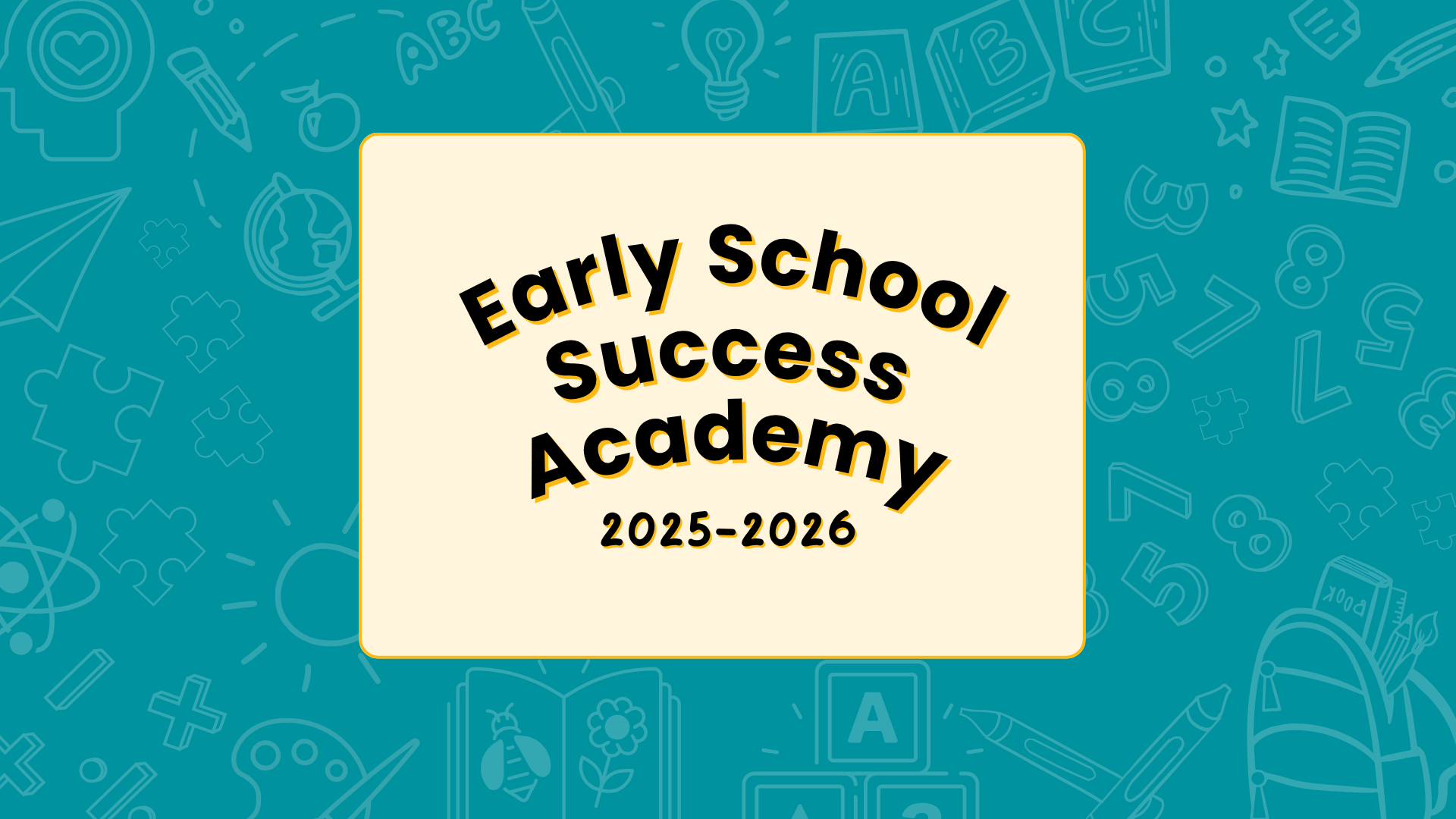To: Joint Committee on Ways and Means Co-Chairs – Senator Devlin and Representative Nathanson
From: Black Parent Initiative, Blue Mountain Early Learning Hub, Building Healthy Families, Children First for Oregon, Children’s Institute, Clackamas County, Early Learning Alliance, Early Learning Hub of Central Oregon, Early Learning Washington County, Eastern Oregon Community Based Services, Fact Oregon, Fight Crime: Invest in Kids, Marion and Polk Early Learning Hub, Northwest Early Learning Council, Oregon AFSCME, Oregon Alliance for Early Intervention, Ready Nation, South Coast Regional Early Learning Hub, United Way of the Columbia-Willamette, Yamhill Community Care Organization
Cc: Governor Kate Brown, Senate President Peter Courtney, House Speaker Tina Kotek, Joint Committee on Ways and Means, Ways and Means Subcommittee on Education
Subject: Ways and Means Co-Chairs’ 2017-2019 Target Reduction Lists
Date: April 24, 2017
We write to you with deep concern about the Ways and Means Co-Chairs’ 2017-2019 Target Reduction Lists. The proposed cuts to programs including Preschool Promise, Healthy Families Oregon, the Kindergarten Partnership Fund and the Early Learning Hubs will fundamentally disrupt the system of early childhood that supports high-quality early education and healthy development for the most vulnerable children in Oregon. Currently, 75 percent of vulnerable children are either not being served or not receiving adequate early childhood services. Nor are we providing Culturally Specific Early Learning which can improve outcomes and eliminate structural barriers to learning for children of color.
These reductions will further undermine the state’s ability to ensure Oregon’s children are adequately ready for school. With the third worst graduation rate in the nation, Oregon cannot risk investing less in early education and healthy development. Vulnerable children who do not access high-quality early education are 25 percent more likely to drop out of high school, 50 percent more likely to need special education intervention, and 60 percent less likely to attend college. The graduation rate cannot improve when 25,000 low-income young children still lack access to high-quality preschool.
The cognitive and social-emotional skills learned in preschool are essential for third grade readiness. Reading proficiency by the end of third grade is one of the most important predictors of high school graduation. Of the 2.5 million kids who dropped out of high school nationwide in 2015, over half received the lowest reading scores on the third-grade literacy exam. A third-grader who reads proficiently is four times more likely to graduate from high school than a third-grader reading below grade level.
We understand that revenue and cost savings are necessary to create a budget that meets the needs of Oregonians. The fiscal reality does not negate the state’s responsibility to its children.
The programs and services that help young children are intrinsically connected to programs that help parents remain healthy and ready to work. If parents have steady health care and reliable childcare, they are more likely to participate in the workforce. Their children are also more likely to thrive. Removing 350,000 low-income adults from Medicaid and cutting $20 million from Employment Related Daycare will have the unintended consequence of removing people from the workforce and creating devastating conditions for thousands of Oregon families.
While the target reductions lists thankfully and appropriately maintains funding for EI/ECSE, Head Start, and Relief Nurseries, the proposed cuts destabilize the healthy development of young children who face significant barriers to opportunity. It is incumbent upon the Ways and Means Committee to find sustainable budget solutions that preserve Oregon’s promise, not squander the future of Oregon’s children.

